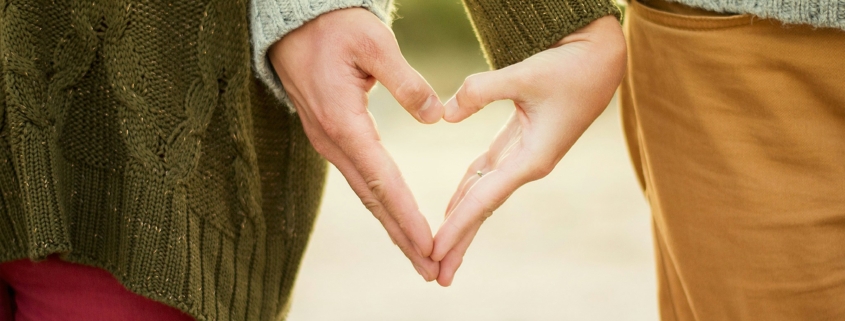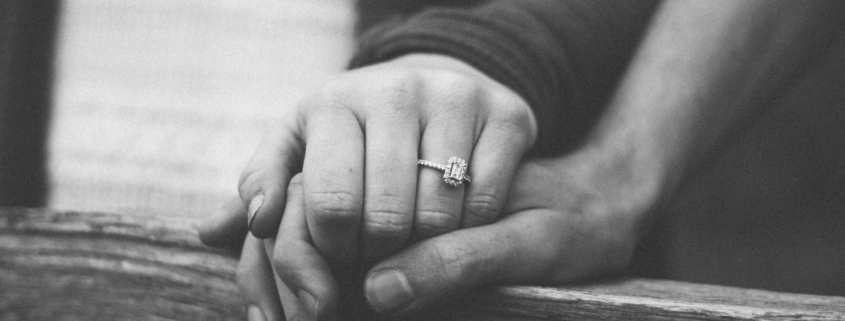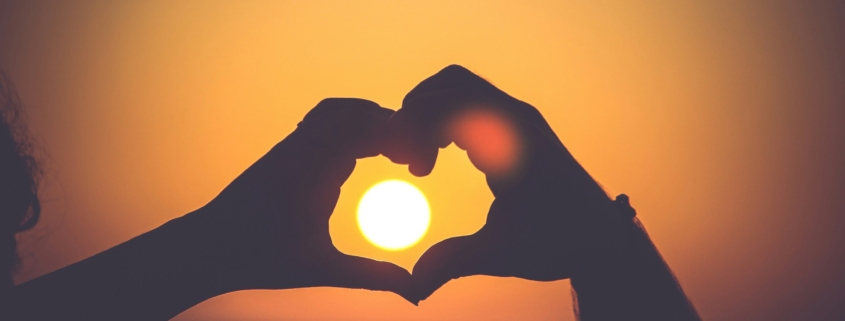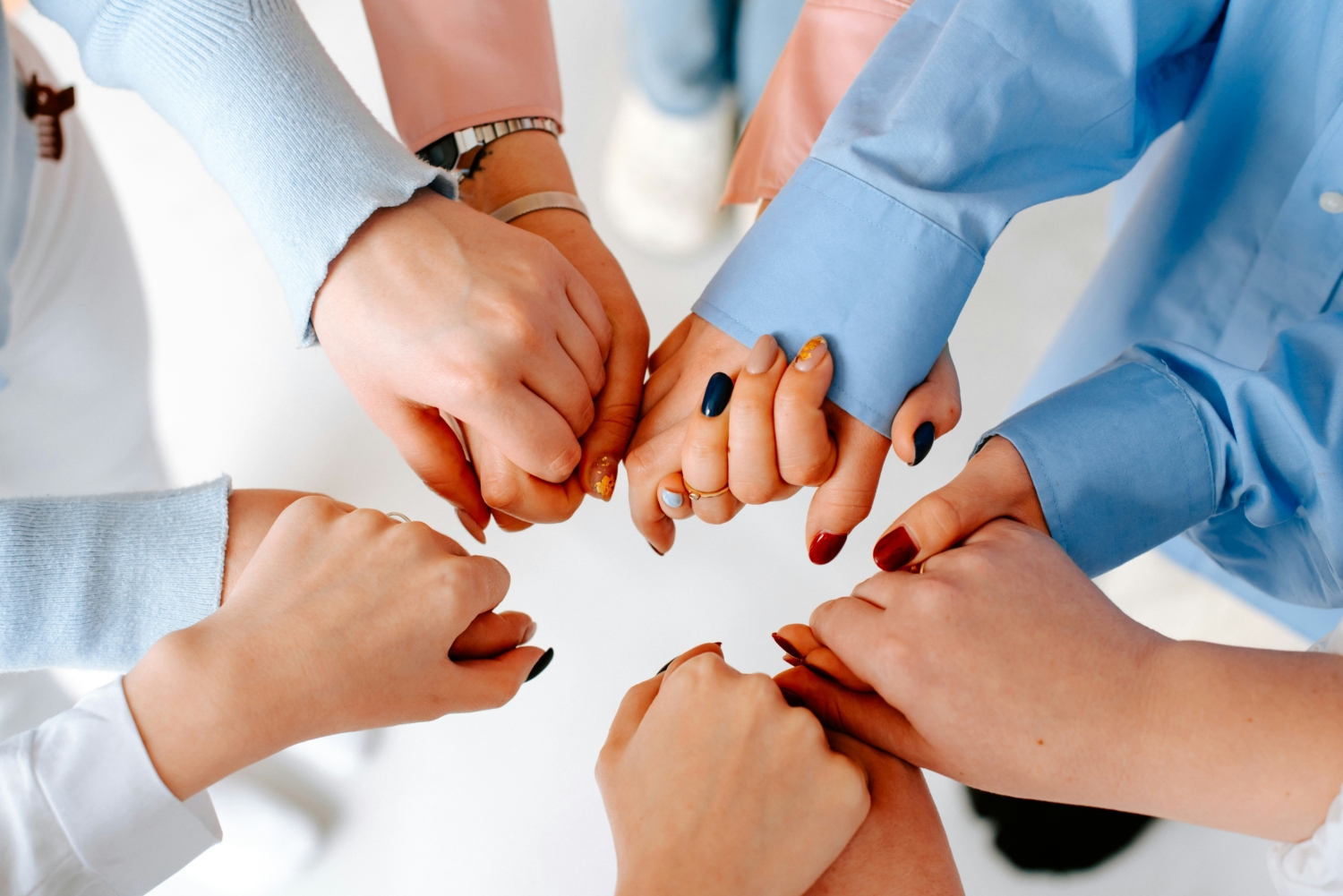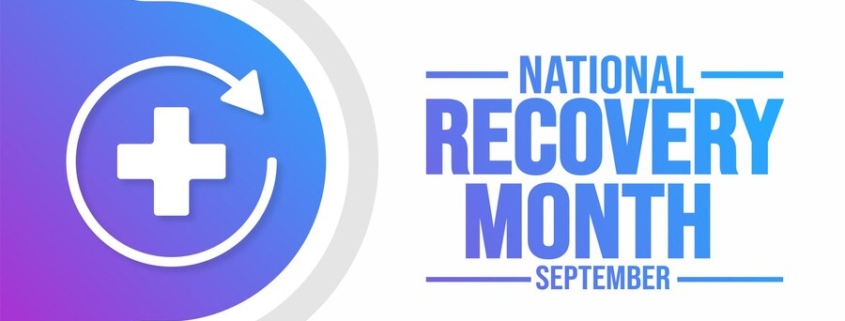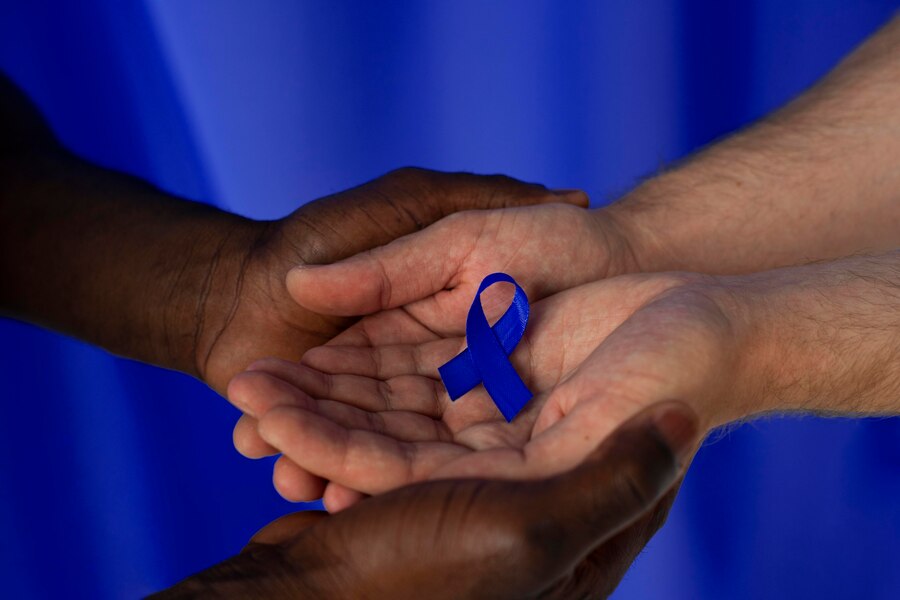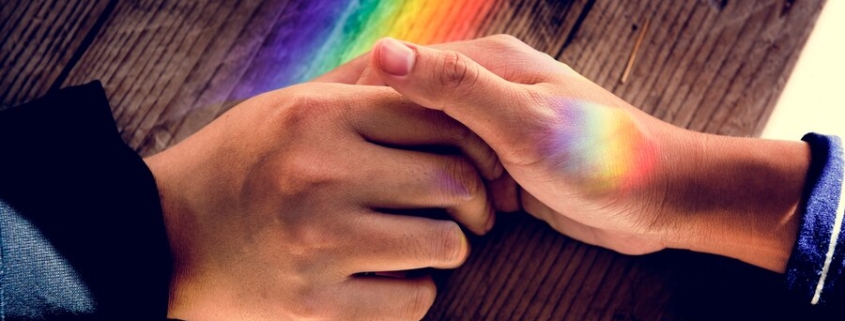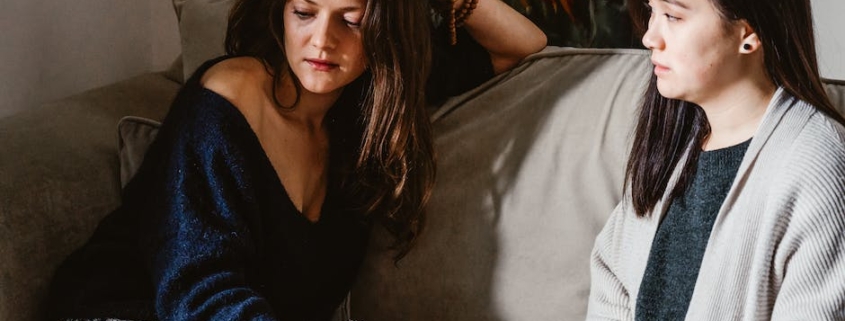Couples therapy is a valuable resource for couples facing challenges in their relationship, offering a supportive environment to explore issues, improve communication, and strengthen their bond. In Orange County, couples have access to a variety of holistic approaches to therapy that address the physical, emotional, and spiritual aspects of their relationship. In this guide, we’ll explore the holistic approaches to couples therapy offered by Couples Rehab, a leading provider of relationship counseling services in Orange County.
Couples Therapy
Holistic approaches to couples therapy in Orange County offer a comprehensive and integrative approach to healing relationship issues. Unlike traditional therapy methods that focus solely on verbal communication and cognitive techniques, holistic therapy incorporates various modalities to address the mind, body, and spirit of both partners. These approaches may include mindfulness and meditation practices to enhance present-moment awareness and emotional regulation, yoga and body-centered activities to promote relaxation and release tension, expressive arts therapy for creative self-expression and emotional processing, nature-based therapy for reconnecting with the natural world and gaining perspective, and nutrition and wellness coaching to support overall health and vitality. By addressing the holistic well-being of couples, therapy aims to foster deeper connection, communication, and intimacy, ultimately leading to greater relationship satisfaction and fulfillment.

Understanding Holistic Couples Therapy
Holistic couples therapy takes a comprehensive approach to healing, addressing not only the symptoms of relationship issues but also their underlying causes. Unlike traditional therapy, which may focus solely on verbal communication and cognitive techniques, holistic therapy integrates various modalities to promote healing on multiple levels—mind, body, and spirit.
- Mindfulness and Meditation: Mindfulness techniques, such as meditation and deep breathing exercises, are incorporated into couples therapy sessions to help partners cultivate present-moment awareness, reduce stress, and enhance emotional regulation. By practicing mindfulness together, couples can develop a deeper connection and greater empathy for each other’s experiences.
- Yoga and Body-Centered Practices: Yoga and other body-centered practices are used in couples therapy to promote relaxation, improve physical health, and release tension stored in the body. Partner yoga poses and exercises encourage couples to communicate nonverbally, trust each other, and synchronize their movements, fostering intimacy and connection.
- Expressive Arts Therapy: Expressive arts therapy utilizes creative mediums, such as painting, drawing, writing, and role-playing, to facilitate self-expression and emotional processing. Couples engage in art-based activities to explore their thoughts, feelings, and relational dynamics in a nonverbal and nonjudgmental way, fostering insight and understanding.
- Nature-Based Therapy: Nature-based therapy incorporates outdoor activities, such as hiking, gardening, and ecotherapy, to promote healing and connection with the natural world. Couples engage in outdoor experiences together, reconnecting with themselves, each other, and the environment, and gaining perspective on their relationship challenges.
- Nutrition and Wellness Coaching: Nutrition and wellness coaching focuses on promoting physical health and vitality through lifestyle changes, dietary modifications, and self-care practices. Couples learn to prioritize their well-being and support each other’s health goals, laying the foundation for a thriving relationship.
Take the First Step
Holistic approaches to couples therapy offer a unique and effective way for couples to address relationship issues and cultivate greater harmony and connection. By integrating mindfulness, yoga, expressive arts, nature-based activities, and wellness coaching into therapy sessions, Couples Rehab provides couples in Orange County with a holistic framework for healing and growth. With a focus on addressing the mind, body, and spirit, holistic couples therapy offers couples a pathway to deeper intimacy, emotional healing, and relational fulfillment.
If you and your partner are seeking holistic couples therapy in Orange County, contact Couples Rehab today. Our team of experienced therapists specializes in holistic approaches to relationship counseling, helping couples cultivate deeper connection, communication, and intimacy. Take the first step towards healing and transformation by scheduling a consultation with Couples Rehab today.
FAQ’s
Q1: What are holistic approaches to couples therapy?
Holistic approaches to couples therapy involve addressing the mental, emotional, physical, and spiritual aspects of both individuals within the relationship. These approaches focus on fostering overall well-being and balance, considering the interconnectedness of various factors influencing the couple’s dynamics.
Q2: What techniques are used in holistic couples therapy?
Holistic couples therapy integrates various techniques such as mindfulness practices, meditation, expressive arts therapy, yoga, and nutritional counseling. These techniques aim to promote self-awareness, improve communication, and enhance emotional connection between partners.
Q3: How do holistic approaches benefit couples in therapy?
Holistic approaches provide couples with a comprehensive toolkit to address relationship challenges from multiple angles. By incorporating mind-body interventions and lifestyle adjustments, couples can develop healthier coping mechanisms, strengthen their bond, and achieve sustainable long-term results.
Q4: Are holistic approaches suitable for all couples?
Holistic approaches to couples therapy can benefit couples of all backgrounds and relationship dynamics. Whether facing communication issues, recovering from addiction, or navigating trauma, holistic therapy offers personalized strategies to support couples in their journey towards healing and growth.
Q5: What sets holistic couples therapy apart from traditional methods?
Unlike traditional therapy, which may focus solely on verbal dialogue, holistic couples therapy integrates experiential and somatic modalities to address the whole person. This holistic approach acknowledges the interconnectedness of mind, body, and spirit, fostering deeper transformation and lasting change.


